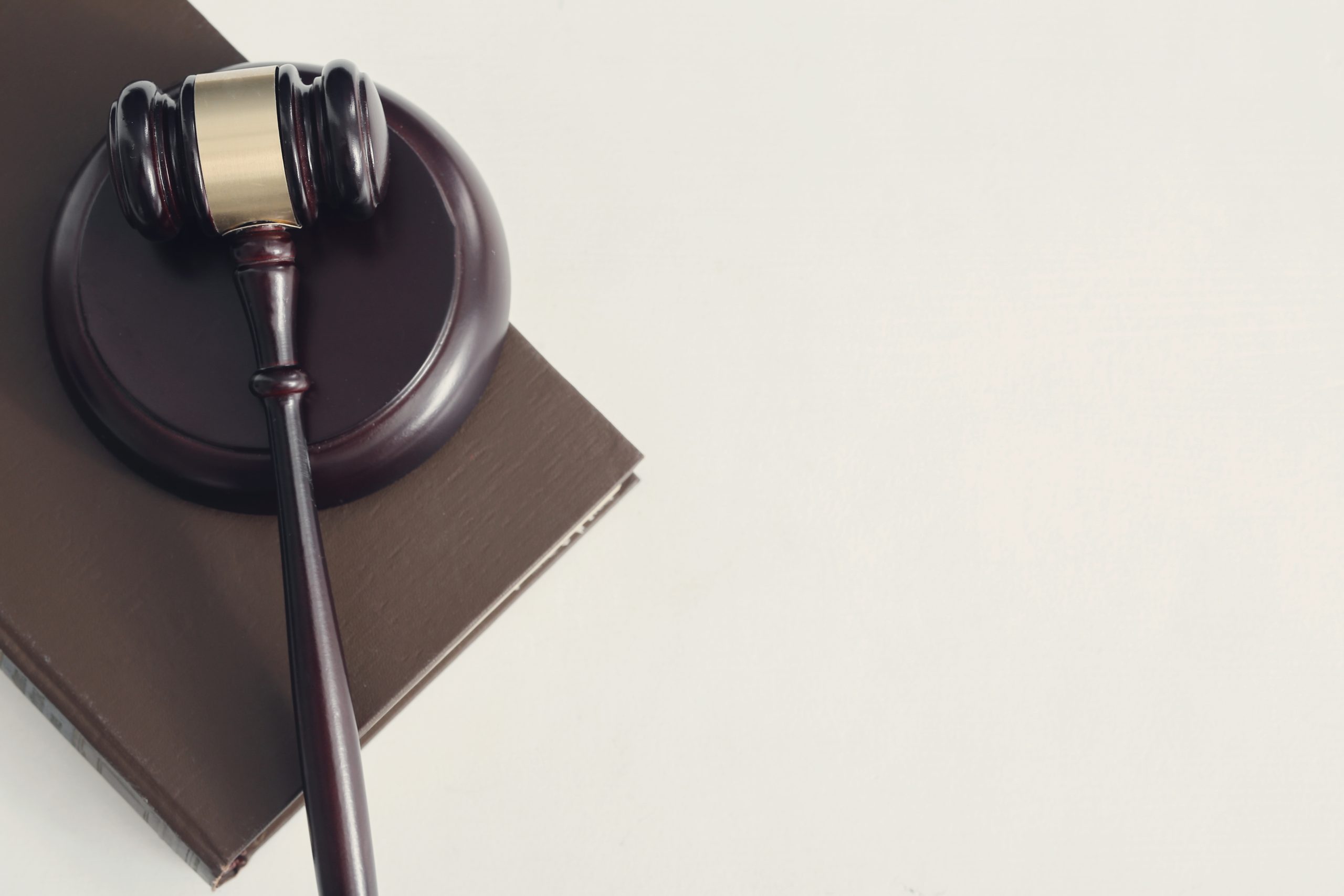Knowing how individuals may find themselves in legal trouble by mistake is also crucial. Here are seven common ways defendants might incriminate themselves, which means they say or do things that make them look guilty. A criminal lawyer in Brampton will help you understand your rights in a difficult spot.
1. Talking Too Much to the Police
There are instances where, to help themselves, individuals may speak to the police excessively. They could wrongly believe that if they say enough, the police will take them seriously and let them go. Nevertheless, anything they say can be subject to use in court.
2. Sharing on Social Media
Nowadays, users post their lives on social networks such as Facebook or Instagram. Occasionally, they upload photos or remarks about subjects that are outlawed or cause damage. For example, if someone posts a picture of them at a party where drugs are being consumed, legal proceedings could rely on that. What you put on the web is very significant and may come back to bite you.
3. Talking to Friends and Family
For example, individuals with a legal problem might discuss the situation with friends or family. But it can sometimes be eavesdropping or reporting to the police. When a suspicious thing is said, its victim’s relatives may have to report it to the police. Offensive information must be kept confidential, and legal issues should not be shared with anyone.
At a garage door business, for example, while talking about their recent home renovations, a defendant might inadvertently share information about where they were on a particular day — and not realize the data is being used against them in court. In another example, at a medical spa, people talk about their legal problems as if in a confidential environment. Both these scenarios reflect the need to exercise caution regarding personal disclosures.
- Giving Unnecessary Information during Interrogations
Police queries can make some individuals anxious and reveal too much information to avoid being guilty. This is dangerous as they may inadvertently expose themselves to be guilty of something. Despite the desire to defend oneself, it’s best not to speak and allow oneself to be silent until a lawyer is present.
- Handling Evidence Poorly
Occasionally, some people attempt to conceal or remove evidence of a crime. For instance, if an individual attempts to flush something away that is significant to an investigation, it may appear that the individual is covering something. This will create more trouble since it will easily become construed as acknowledging culpability.
- Misunderstanding Legal Terms
For instance, some individuals may not understand what they are asked for or the meaning of certain legal language during legal proceedings. This uncertainty can result in them answering questions in a manner that damages their case. An attorney who can explain things in plain speech is important so you do not inadvertently incriminate yourself.
- Not Knowing Your Rights
Many individuals are unaware of their rights to interact with police or legal issues. For instance, because they believe that they “have the right to remain silent” to everyone that law enforcement officers ask for their rights, they think they must respond to every inquiry they make. If you’re unsure, it’s best to ask for a criminal lawyer near you to guide you.
Conclusion
It is easy to incriminate oneself by not knowing some of these things. Understanding these usual mistakes and your rights can make you better prepared to withstand difficult situations. Never forget that the best way to deal with legal problems is to talk as little as possible and consult with a lawyer.





